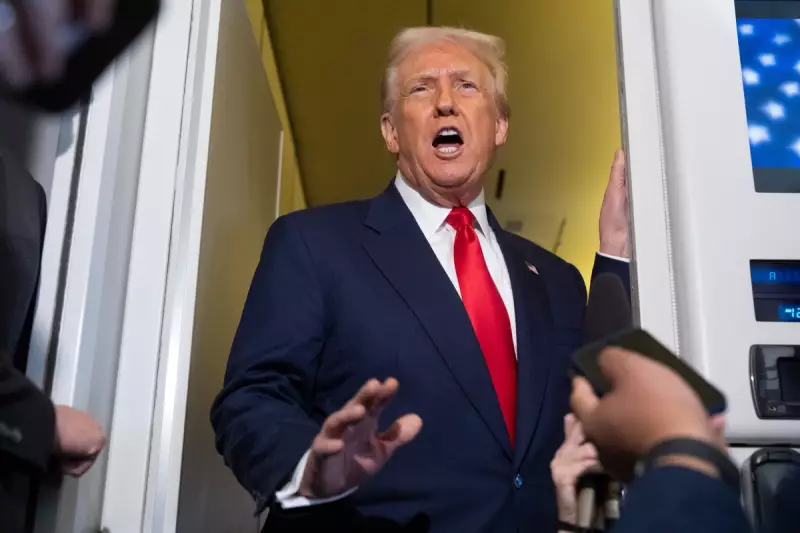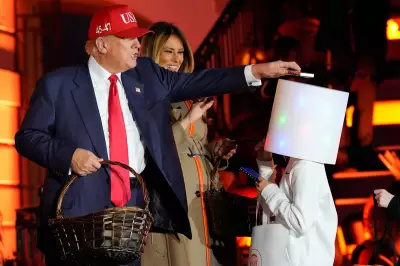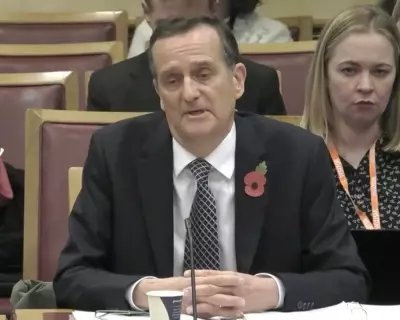
In a dramatic intervention that could reshape Washington's political battlefield, former President Donald Trump has thrown his considerable weight behind a controversial strategy that could bring the US government to a grinding halt.
The Filibuster Gambit
Trump is publicly urging Republican senators to deploy the parliamentary filibuster as a weapon in the escalating budget confrontation with the Biden administration. This procedural tactic, which requires 60 votes to overcome, could effectively stall government funding legislation and trigger the first federal shutdown of Joe Biden's presidency.
The former president's call to arms represents a significant escalation in the ongoing power struggle between Democrats and Republicans over federal spending priorities. Trump's influence remains particularly potent among conservative lawmakers, making his endorsement of this hardline approach potentially decisive.
Shutdown Spectre Looms
Government funding is set to expire in the coming weeks, creating a tight deadline for Congressional action. Without new appropriations legislation, federal agencies would face partial closure, potentially affecting everything from national parks to vital services.
Trump's strategy appears calculated to maximise pressure on the Democratic administration, using the threat of governmental paralysis as leverage in negotiations over spending levels and policy priorities.
Republican Division
The former president's intervention exposes ongoing tensions within the Republican party about how aggressively to confront the Biden agenda. While some GOP senators advocate for using every available tool to block Democratic priorities, others fear the political backlash that often accompanies government shutdowns.
Historical precedent suggests that the party perceived as responsible for shutdowns typically suffers in public opinion polls, though Trump and his allies appear willing to risk short-term political damage for longer-term strategic gains.
As the deadline approaches, all eyes will be on whether Senate Republicans heed Trump's call or seek a compromise path that avoids bringing government operations to a standstill.





